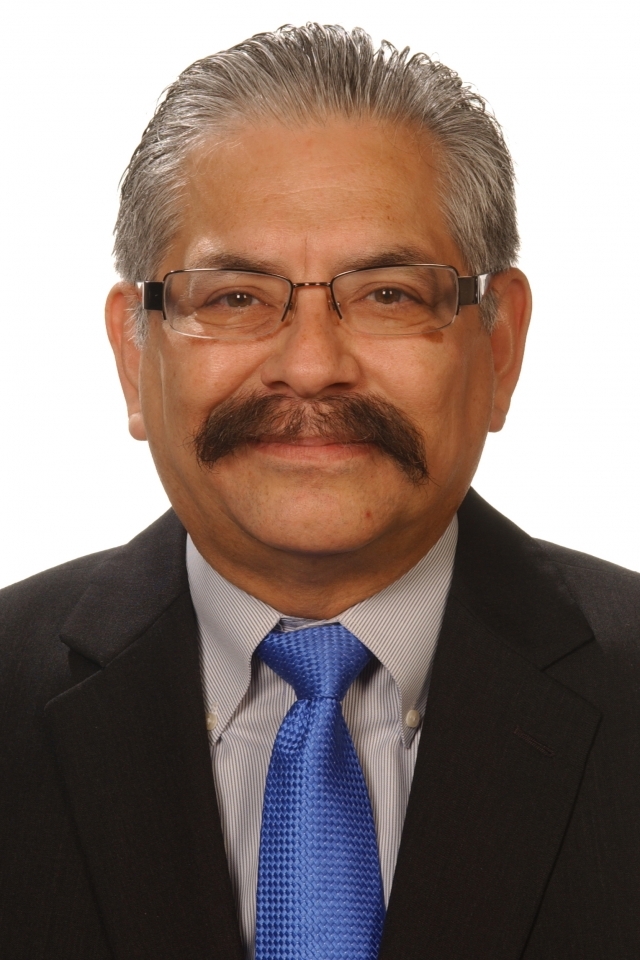By Jeff Brumley
A recent LifeWay poll showing strong support for immigration reform among evangelicals came as no surprise to Baptists involved in the reform movement, but they said it seems to remain a mystery to U.S. legislators.
A wide spectrum of Christian leaders have been meeting and speaking out for months, primarily through the Evangelical Immigration Table. Its participants range from charismatics and Presbyterians to conservative and moderate Baptists.
“We hear from faith leaders this can be done, but Congress is still afraid there will be too much pushback” on comprehensive immigration reform, said Stephen Reeves, associate coordinator of partnerships and advocacy for the Cooperative Baptist Fellowship.

“It’s the church’s job to educate [legislators] about their support,” Reeves said.
He and other Baptist leaders say there is plenty of evidence testifying to that support.
Survey shows unity
That includes the LifeWay poll released earlier this month. Among its findings is that 86 percent of American evangelicals want border security and 61 percent favor a path to citizenship for undocumented immigrants. And 68 percent want both.
Some of the results revealed biblical values behind those opinions: 72 percent say the unity of immigrant families should be protected and 82 percent said God-given dignity should be respected.
More than two-thirds of evangelicals said they want Congress to act this year, and half of those polled said they would vote for a candidate who supports immigration reform that includes border security and a path to citizenship, LifeWay researchers found.
‘The system is broken’
If nothing else, federal, state and other legislators should bear in mind that roughly 60,000 Hispanic teens, those born in the United States, turn 18 — voting age — every month, said Gus Reyes, director of the Christian Life Commission, the ethics arm of the Baptist General Convention of Texas.
Politicians who support policies that focus only on border protection “are going to have to change their rhetoric,” he said.
“These emerging voters are sensitive to how they and their families have been treated,” Reyes said.
But change isn’t coming only at the ballot box but also in people’s hearts, he said.
For years, Hispanics, documented or not, have been meeting Americans, many of whom are believers who have shared the gospel with the immigrants.

Many of those immigrants have entered churches where they made decisions for Christ and were baptized. Many have been become Sunday school teachers, deacons and even ministers, Reyes said.
Then at some point many of them approach their pastors to admit they are in the U.S. illegally. “’I have become right with God and I want to become right with the U.S. government — how do I do that?’” he said.
“And for most of these folks, there is no way,” he said. “The system is broken.”
Seeing that situation has led many evangelicals to confront biblical passages like Leviticus 19:34, Micah 6:8, Luke 4:18 and Hebrews 13:2 — all of which command believers to treat foreigners in their midst as family.
“I don’t see how you get around that,” Reyes said.
Others can’t see around it either and have begun talking about these issues in their churches, Reyes said. “Evangelicals have signed on and pastors are starting to preach about justice and on how the immigrant is to be treated.”
‘Something needs to be done’
Progressives, too, are sensing a broad-based coalition between themselves and conservative Christians on immigration reform.
And the unifying factor is Christ, said LeDayne McLeese Polaski, executive director of the Baptist Peace Fellowship of North America, also known as BPFNA Bautistas por la Paz.
“All of these voices have excited me,” Polaski said. “You’re hard-pressed to find an issue more biblically based than hospitality to the immigrant.”
It’s also a good sign for immigration reform, she added.

“Every example of massive social change has involved creative and interesting coalitions of people who are coming at issues from different perspectives,” Polaski said.
Reeves said the fact that coalition members may have different motivations for supporting immigration reform doesn’t matter as long as they agree on the main point.
“There is uniform agreement that the system is broken and something needs to be done,” Reeves said.
